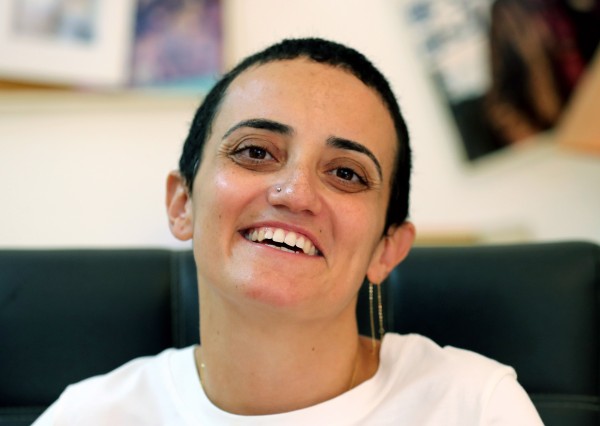The International Press Institute is alarmed at continued reports of press freedom violations in post-Mubarak Egypt, particularly as an opposition newspaper was prevented from being distributed.
Copies of the opposition Sawt Al-Ummah newspaper were confiscated and destroyed before they could be distributed, the Arabic Network for Human Rights Information (ANHRI) and Al-Arabiya reported. Chief Editor Abdel-Halim Qandil was reportedly told by Al-Ahram, the majority government-owned newspaper that prints Sawt Al-Ummah, that they had received orders to confiscate the edition of 25 September, but that they did not know who the order came from, reports said. Qandil reportedly contacted members of the Supreme Council of the Armed Forces (SCAF), but all denied knowledge of the ban.
Qandil told Al-Arabiya that the confiscated issue carried reports criticising current and former leaders of the intelligence services.
This mysterious confiscation comes just days after SCAF said that it will actively implement provisions of the emergency law, which remains in place, and has been updated to include the crime of “publishing false news,” ANHRI reported.
In Egypt, it also remains illegal to criticize the army, a crime for which blogger Mikail Nabil Sanad was sentenced to three years in prison after the “revolution.”
“We remain deeply concerned that, months after the removal of former President Mubarak from office, the media freedoms that were so hard won are now slowly being chipped away,” said IPI Press Freedom Manager Anthony Mills. “For the population to be properly informed ahead of elections, it is vital that they have access to different, conflicting, critical opinions and news. That is what it means to have freedom of the press.”
A ban on coverage of Field Marshal Hussein Tantawi’s testimony at the trial against former President Hosni Mubarak remains in place, although it has been widely ignored, according to a report in Al Masry Al Youm. The paper reported that a violation of a court gag order could result in up to one year imprisonment, or a hefty fine, or both.
Meanwhile, other reports said that French journalist Marie Edmee Josette Duboc, a former Cairo resident and labor activist, was prevented from entering the country on Saturday because her name appeared on a security list. However, Al-Ahram newspaper has updated its website to say that Duboc is an academic, and not a journalist, who was travelling to Cairo to take up a new position as a researcher at the American University of Cairo.


